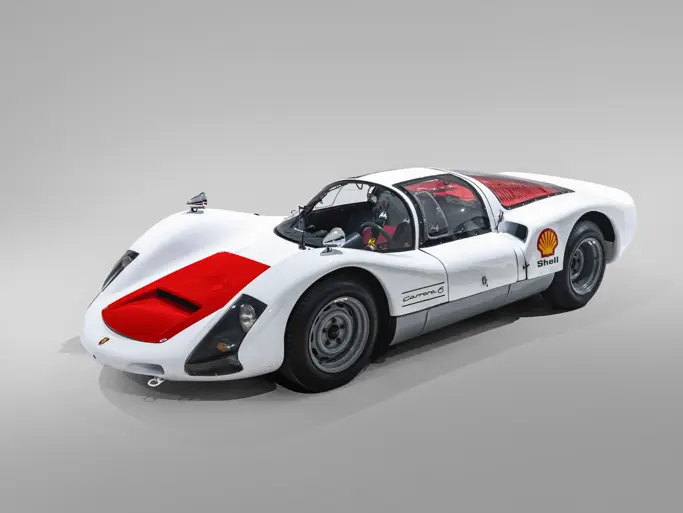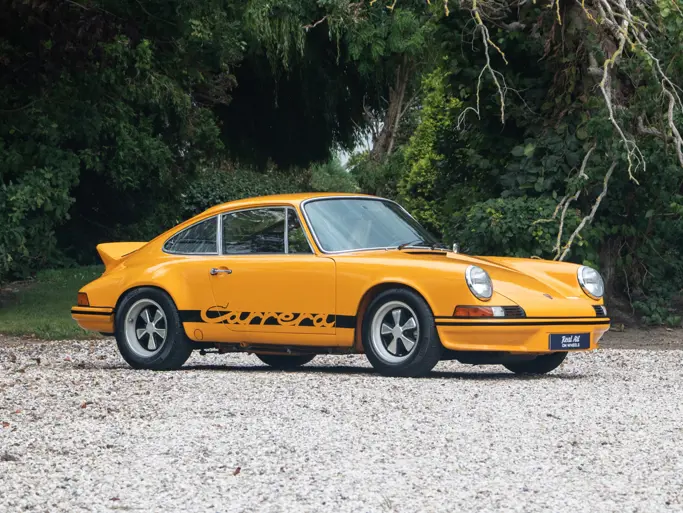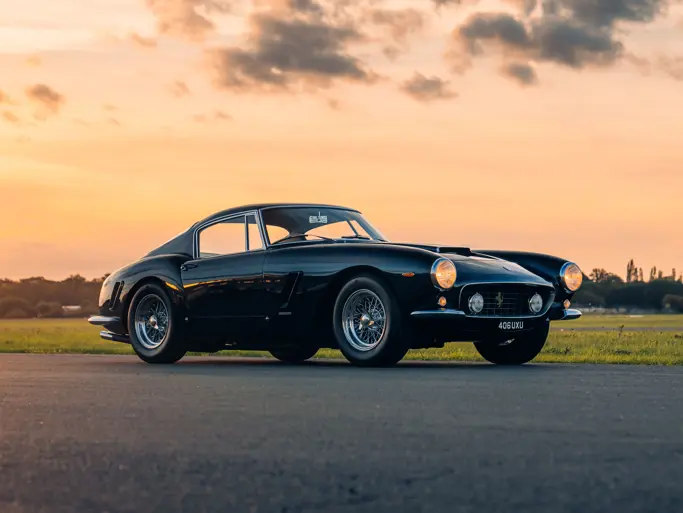Knowledgeable sports car devotees are quick to take note when they hear the name Intermeccanica, and with good cause. Intermeccanica was established in 1959 by chemical engineer Frank Reisner and his wife, Paula, and their cars combined Italian artistry with an American powertrain. The Reisners were ardent car enthusiasts who loved sports cars and racing. They traveled to Europe and settled in Torino, Italy, where they opened their company and began manufacturing aftermarket speed kits. Their dream was to build beautiful performance cars. In 1967, after a series of name, ownership, and engineering changes within the company, the Reisners began production of the stunning Italia Spyder.
The first Italias were exported to the United States in 1968. The cars were unlike anything else on the market and quickly gained the attention of discerning American car lovers. However, with limited production and a hefty price tag of $8,500, only the well-off could afford them. To many aficionados, the Intermeccanica Italia Spyder was an automotive masterpiece. The car’s “prancing bull” badging was a gracious nod to Torino's coat of arms. Its styling, which was classic Italian with vintage Ferrari undertones, was elegant. Its performance was equally impressive; as it could reach 0– to 60-mph in 6.2 seconds and had a top speed of 155-mph, which was attained through a powerful and proven Ford V-8 engine.
This particular Intermeccanica Italia Spyder is believed to be a largely correct example and is reported to retain its original engine, transmission, body and chassis. The Italia is powered by a 351-cid Windsor V-8 engine with a four-speed manual transmission. The car has never been fully restored and has been in the same family ownership for 30 years.
The engine has been rebuilt within the last 1,000 miles and it recently received full body work and fresh paint. The brakes have been fully rebuilt by a former Alfa Romeo executive at Ricambi in Milano Italy (with receipt copy) and is equipped with a new master cylinder. Additional new pieces include an accessory electric fuel pump, radio delete panel, Edelbrock four-barrel 1406 Performer Series carburetor, clutch, throw-out bearing and pressure plate, mechanical fuel pump, rear bumper (fabricated from 7-gauge 304 stainless steel), rear shocks (fronts rebuilt), bushings and rubber components; windshield gasket plus many miscellaneous items. While the car is equipped with air conditioning, it is currently non-functional. All of the components are present and the compressor and clutch do work.
The Italia’s steel body was hand-formed, and its chassis was made from tubular steel and is fully reinforced. Sports Car Graphic was very complementary of the car in their November 1970 issue by stating: “Sometimes it seems that automotive development and detail refinement is directly proportional to production volume and completely independent of cost. The Italia is a beautiful exception…..”
With fewer than 400 of these models being built during its production run from 1967 to 1973, the Italia has since taken on an appealing mystique as a rare automobile.

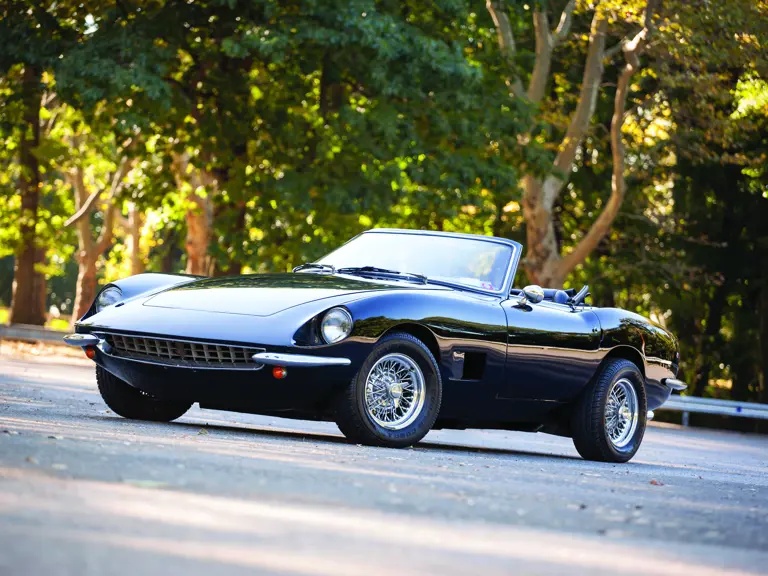
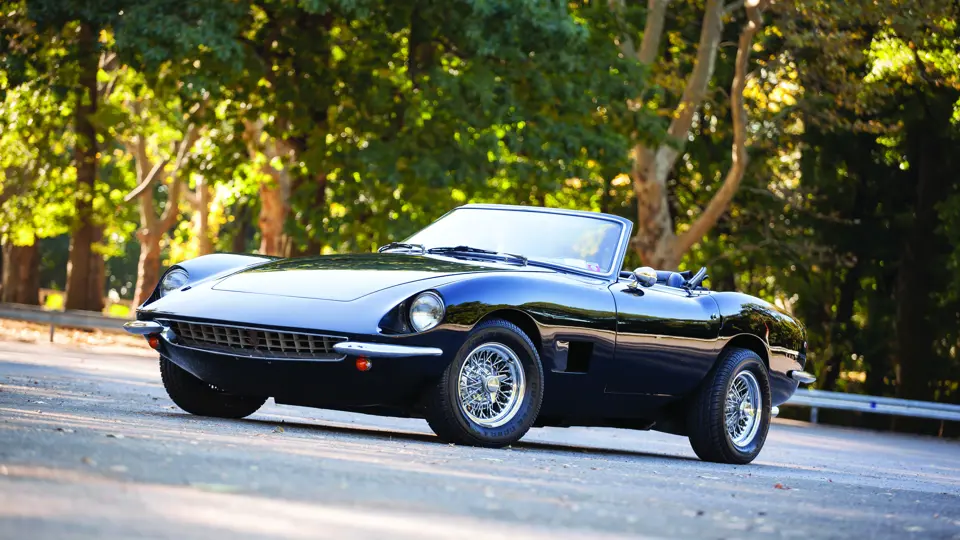
 | Fort Lauderdale, Florida
| Fort Lauderdale, Florida
